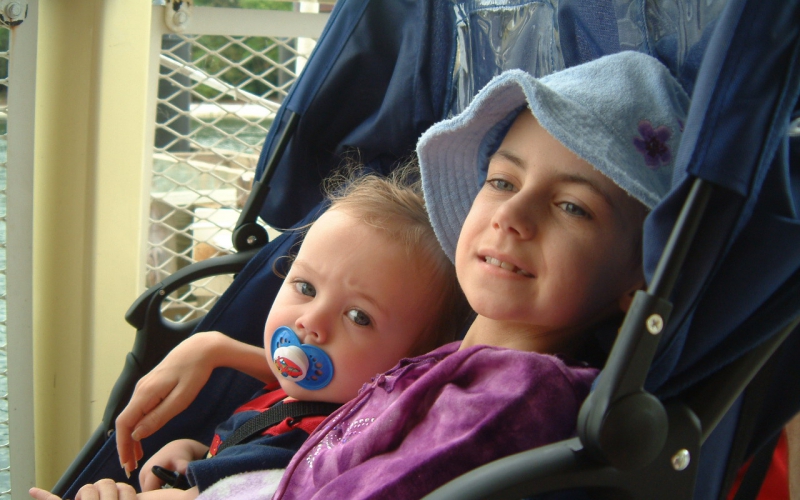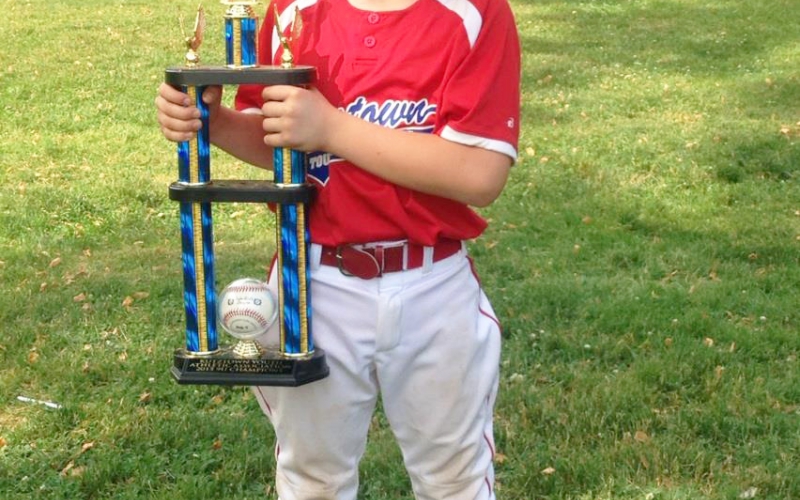The Childhood Cancer Blog
The Childhood Cancer Blog

Alex Scott, with her brother Joey.
Nurses play a critical role in the life of a family affected by childhood cancer. They are medical caregivers—overseeing medication schedules, post-surgery care and coordinating therapy appointments. They help manage pain and treatment side effects. They also provide emotional support to families—supporting parents, affected children and siblings when life is at its most uncertain.
Hospice and palliative care nurses specialize in end of life care; navigating parents through uncertain and emotional territory. These nurses are the nurses so many families need, but don’t want. ... Read More
Guest post by Chelsea Keeler, LSW, leukemia & lymphoma social worker, Children’s Hospital of Philadelphia
Learning that someone in your community now has a child with cancer can leave you feeling helpless or uncertain. You want to help but don’t know how.
You can support the family in a number of ways—providing concrete resources such as food, helping with sibling needs or household tasks, and providing critical emotional support... Read More

Zach (pictured above, at age 10) battled a hard-to-treat type of lymphoma.
by Trish Adkins
Childhood lymphoma arises from the immune system cells and occurs when those cells grow in an uncontrolled and uncoordinated way. While it shares some similarities with leukemia, lymphoma often settles in the lymph nodes of the body, instead of in the bloodstream.
Each type of lymphoma is named by its cell of origin and this dictates treatment protocol. The good news: the most common types of lymphoma (Hodgkin, Non-Hodgkin, Burkitt) have relatively high cure rates as compared to other types of childhood cancer.
The bad news: cure rates are not 100-... Read More
Pages




